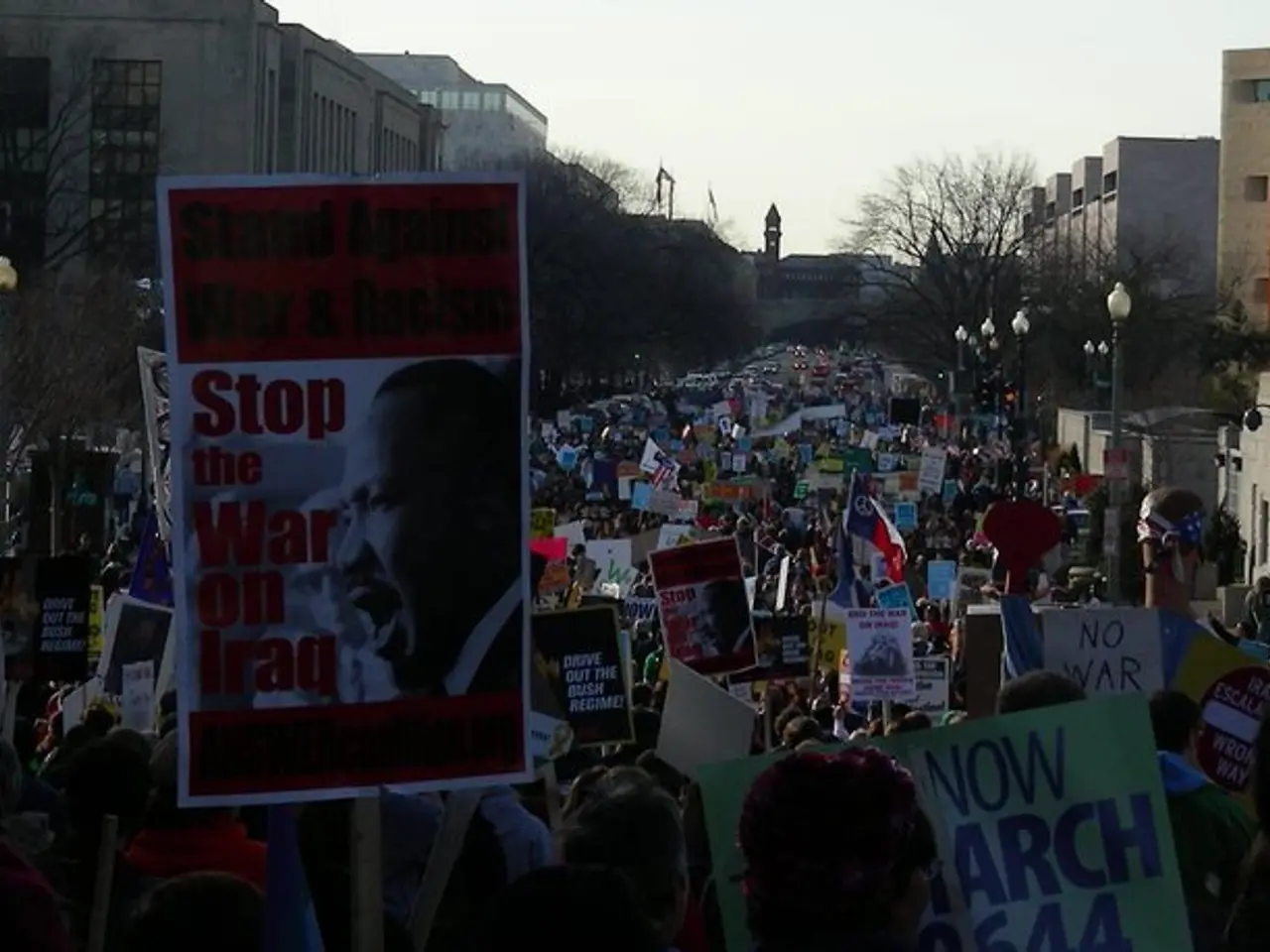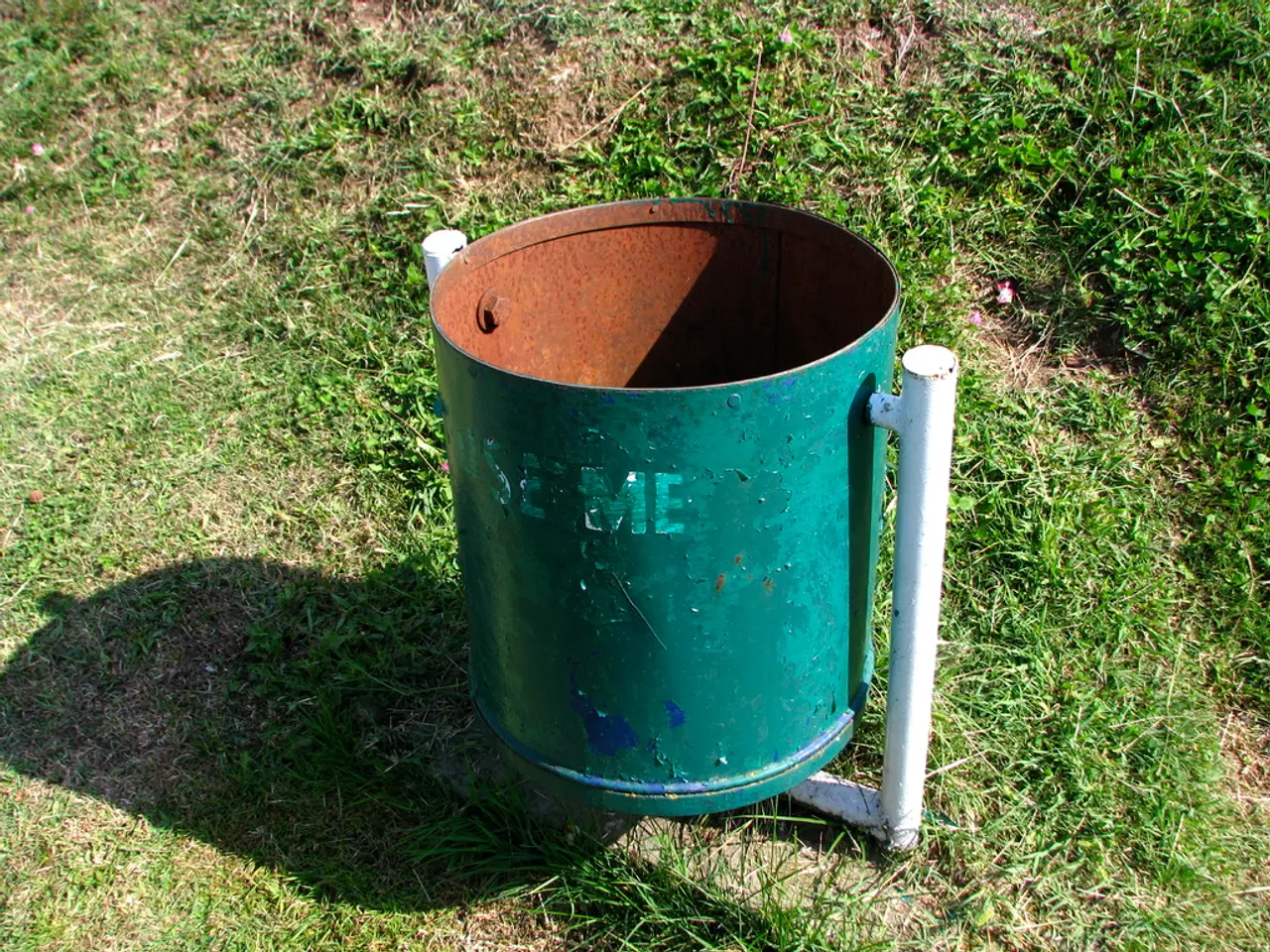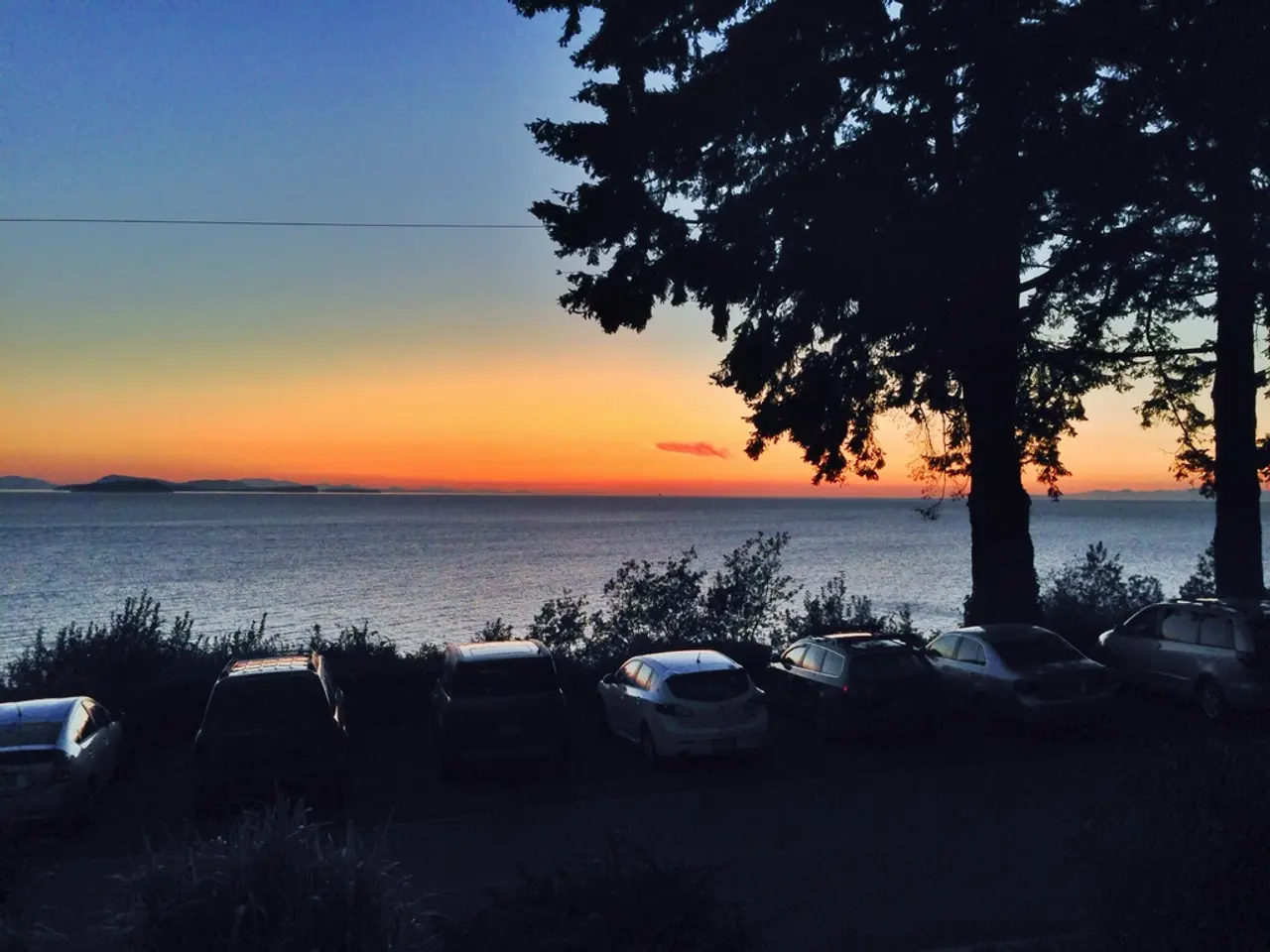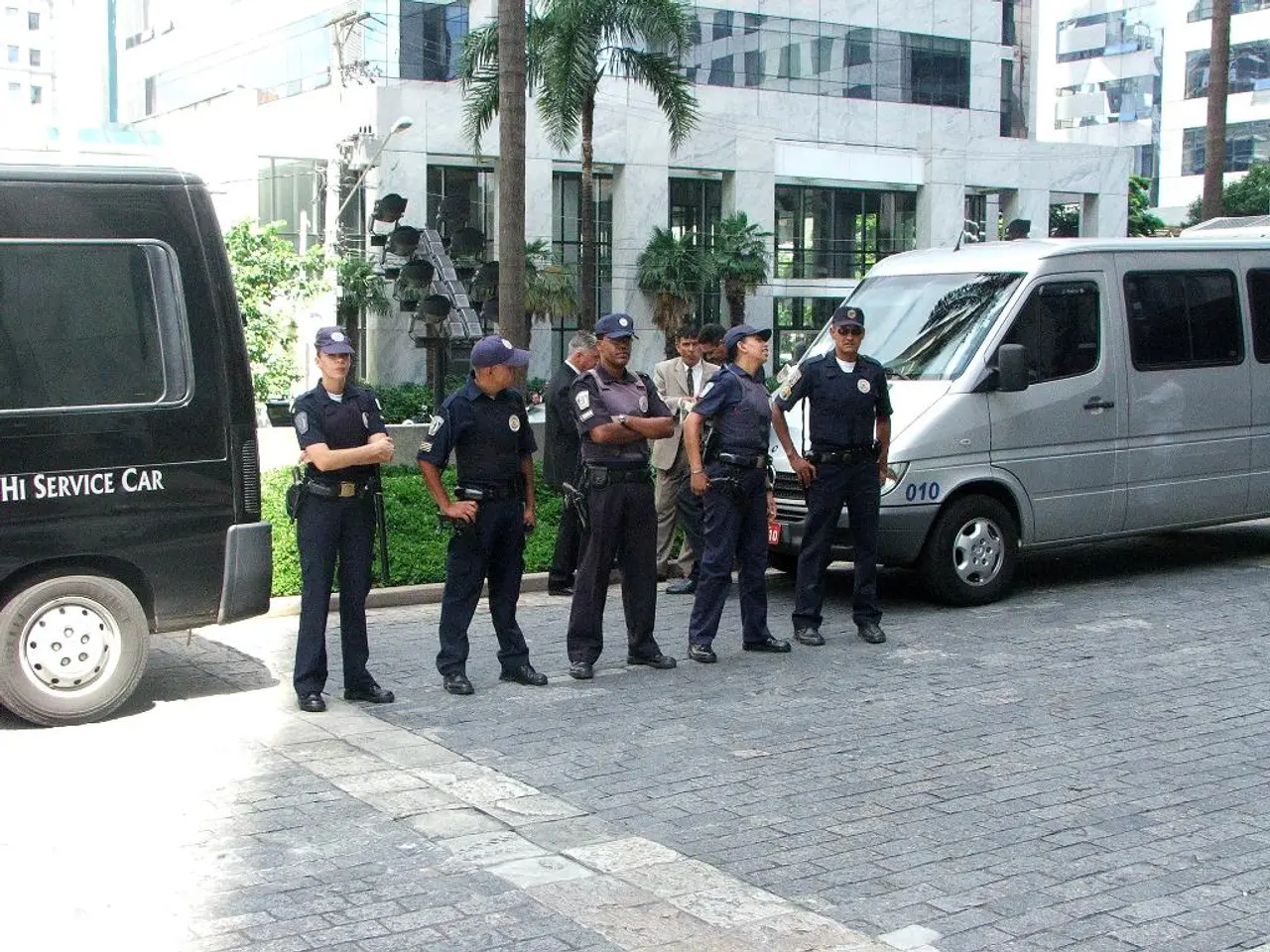Discussion over disarming Hezbollah in Lebanon intensifies
In the heart of the Middle East, the debate over disarming Hezbollah in Lebanon is reaching a boiling point. The Lebanese government, backed by international pressure, is pushing for a state monopoly on arms to restore full sovereign control and stabilize the nation. However, Hezbollah, a powerful armed militia with deep political roots and regional influence, is resisting this move.
The Disarmament Debate
The issue at hand is Hezbollah's large independent military arsenal and its dual role as a political party and an armed militia. Recently, the Lebanese government endorsed a US-backed proposal for Hezbollah to disarm by the end of 2025, with the Lebanese Army having a monopoly on weapons and the Israeli military withdrawing from southern Lebanon.
Hezbollah, however, strongly rejects this plan. They view it as a surrender to US and Israeli pressure and have vowed to ignore government decisions on disarmament. This stance is deeply rooted in Hezbollah's political power and regional influence, closely linked to Iran’s strategic interests.
Political Implications
The move to disarm Hezbollah challenges the group’s autonomy and influence within Lebanon’s delicate sectarian balance. This has caused major internal divisions, leading Shiite ministers allied with Hezbollah to walk out of cabinet votes on this issue. It also risks sparking unrest or violence among Hezbollah's supporters.
The Stalemate
The confrontation between the Lebanese government and Hezbollah remains tense, with no clear resolution in sight. Hezbollah is open to discussions about its arsenal but refuses to commit to a specific timeline as long as Israeli attacks in Lebanon continue and its troops are not withdrawn.
The Israeli military is stationed at five posts in southern Lebanon, and almost daily attacks enforce disarmament claims. A ceasefire came into effect at the end of November, with Hezbollah to be disarmed first in the south and near the border with Israel.
The Threat of Instability
The political risk of disarming Hezbollah throughout the country is high due to its widespread support and influence. If Hezbollah members resign from the government in protest, it could lead to a power vacuum or instability in Lebanon.
In a recent statement, Hezbollah representative Qassim declared, "Either we all win together or we all lose together," reflecting the high stakes of this confrontation. The potential resignation could push Lebanon into the next political crisis, further complicating the country's already fragile situation.
The debate over Hezbollah's disarmament reflects a tension between state sovereignty and national order, Hezbollah’s entrenched political-military role, and regional geopolitics and security dynamics. This deadlock has serious consequences for Lebanon’s stability, governance, and foreign relations, with the risk that unresolved disarmament could perpetuate political fragmentation and instability.
[1] BBC News. (2023). Lebanon: Hezbollah refuses to disarm as Israeli troops remain in Lebanon. [online] Available at: https://www.bbc.com/news/world-middle-east-60750296
[2] Reuters. (2023). Lebanon's cabinet postpones discussion on Hezbollah disarmament. [online] Available at: https://www.reuters.com/world/middle-east/lebanons-cabinet-postpones-discussion-hezbollah-disarmament-2023-11-30/
[3] The Guardian. (2023). Lebanon: the battle to disarm Hezbollah. [online] Available at: https://www.theguardian.com/world/2023/dec/03/lebanon-the-battle-to-disarm-hezbollah
[4] Al Jazeera. (2023). Hezbollah rejects Lebanese government's call to disarm. [online] Available at: https://www.aljazeera.com/news/2023/11/29/hezbollah-rejects-lebanese-governments-call-to-disarm
- The ongoing debate over Hezbollah's disarmament in Lebanon is also a part of the broader discourse on war-and-conflicts, as it involves geopolitical negotiations and potential threats to regional stability.
- The political standoff between the Lebanese government and Hezbollah over disarmament has not only sparked internal divisions within Lebanon but has also impacted general-news events, causing concerns about potential instability and future conflicts in the Middle East.






